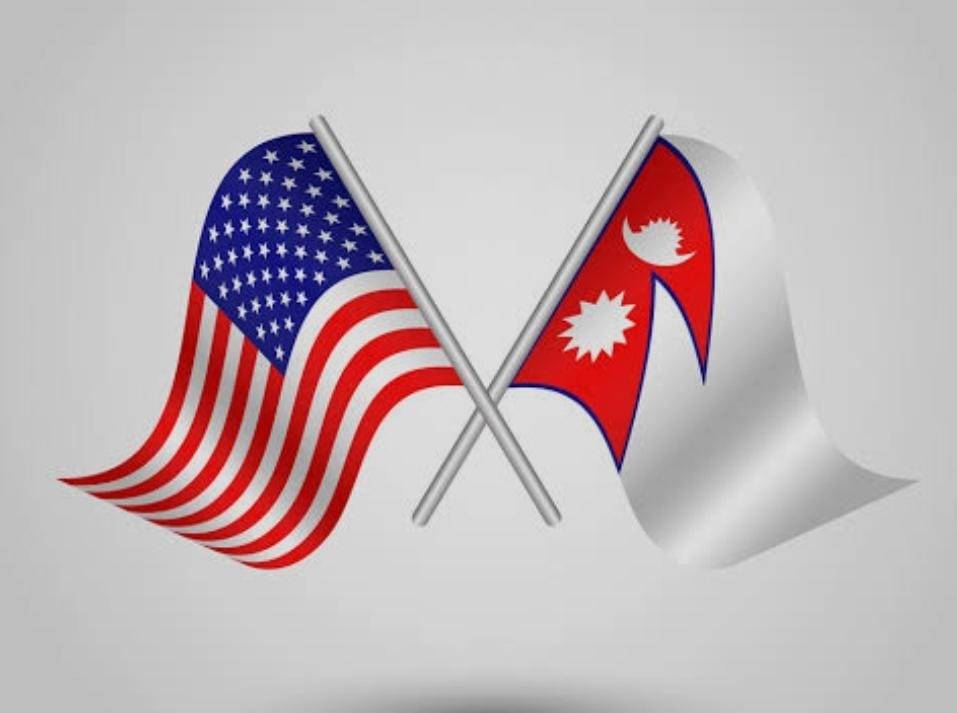Last month, Nepal’s House of Representatives ratified the MCC pact along with an “interpretative declaration” following weeks of rift within the ruling alliance….reports Asian Lite News
US nominee for Ambassador to Nepal, Dean R Thompson, has criticized China for its disinformation campaign on the USD 500 million American grant in the run-up to its ratification by Nepal’s Parliament in February, media reports said.
In his opening statement before the Foreign Relations Committee of the Senate on Wednesday, Thompson said: “In February, Nepal’s parliament ratified the USD 500 million Millennium Challenge Corporation compact in the face of a torrid PRC [People’s Republic of China] disinformation campaign.”
According to a statement by the Foreign Relations Committee of the Senate Thompson said, “This project will build electricity transmission lines to connect Nepal’s clean, abundant hydropower with South Asia’s energy grid.”
“It will also build high-quality roads in Nepal. These projects will increase the prosperity of both of our countries,” Kathmandu Post reported quoting the envoy nominee.
The Chinese media has been running a campaign against US’ development aid to Nepal. The Chinese media said that the MCC (Millennium Challenge Corporation) Nepal compact, which was passed by the country’s Parliament last month, undermines Kathmandu’s sovereignty.

An editorial published in the state media outlet China Daily argued that the benefits of the USD 500 million agreement come with risks.
The Communist party-owned English language newspaper said the “war in Ukraine may have distracted public attention” from the issue but this matter will have “far-reaching consequences”, not just for Nepal, but for Nepal’s neighbours as well.
Last month, Nepal’s House of Representatives ratified the MCC pact along with an “interpretative declaration” following weeks of rift within the ruling alliance. The pact was a subject of protest as a rumour claimed it to be a military pact.
The ruling alliance later adopted the 12 points which clearly stated that the parties will not consider MCC a part of US military strategy. The declaration also said that they would even revert the decision on the basis of political consensus.
The Chinese newspaper further said on the surface, the compact is about a USD 500 million grant from the US to build power and road infrastructure projects. “It is the biggest US financial pledge to Nepal to date. And it is money that Nepal can use,” the China Daily said in an editorial.
“But it took more than four years for the Nepali parliament to ratify it, and many people in Nepal have been protesting it for good reason. They rightly believe the compact undermines their country’s sovereignty,” the article added.
Last month, the United States had welcomed Nepal ratifying the USD 500 million grant, provided by the US Government foreign aid agency, which was cleared after a prolonged political tussle.
“The decision whether to ratify the USD 500 million-dollar Millennium Challenge Corporation (MCC) Nepal Compact has always rested with the Government of Nepal as a sovereign democratic nation.
The decision by Nepal’s Parliament to follow through on its signed commitment and ratify the compact will mean more jobs for the Nepali people, a reliable supply of electricity, and lower transportation costs,” the US embassy in Nepal had said in a statement.
The US Government’s MCC signed the pact with the Government of Nepal in September 2017 aimed at maintaining road quality, increasing the availability and reliability of electricity, and facilitating cross-border electricity trade between Nepal and India – helping to spur investments, accelerate economic growth, and reduce poverty. (ANI)














